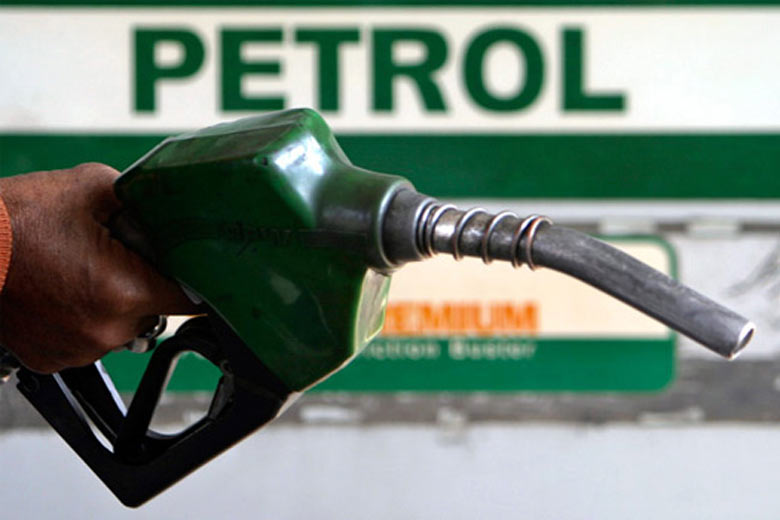- Fuel Queues Return to Lagos, Ogun …NNPC Blames Hitch on Vessels Berthing
Long queues of desperate motorists and other users of Premium Motor Spirit returned to many filling stations in Lagos and Ogun states on Saturday and Sunday after a brief relief from the severe scarcity of the product that rocked the country from December to early this month.
Many of the stations in the two states were shut on Sunday, while some of the ones that dispensed the product sold above the official pump price of N145 per litre.
Some filling stations in Ikotun, Ejigbo, Isolo, Idimu, and Igando areas of Lagos, and Akute in Lagos, were selling at between N160 and N180 per litre, while others only sold to motorcycle riders and other petrol seekers with jerry cans, who were charged at least N200 extra by petrol attendants.
Black market operators were having a field day as they sold the product for as much as N250 per litre on Sunday.
On the Lagos-Ibadan Expressway, outbound Lagos, the queues of motorists at some of the few stations that sold the product spilled onto the road, disrupting the flow of traffic.
The Executive Secretary, Depot and Petroleum Products Marketers Association, Mr. Olufemi Adewole, in a telephone interview with our correspondent on Sunday, noted that the queues had been eliminated to a great extent before now.
He stated, “Definitely, if marketers have fuel, there won’t be queues. It simply means there is insufficient supply, and the NNPC still remains the supplier of last resort. So whatever they give to marketers, that is what marketers will dispense to the public.
“If you go to some DAPPMA stations now, you will see the tankers of major marketers dispensing there because the NNPC has not given us enough products for the last 10 days. Many of our people did not get products, and in order to keep their stations busy, they resorted to buying from MOMAN (Major Oil Marketers Association of Nigeria) members.”
Adewole said there was no way DAPPMA members could get enough supply from major marketers because they were supposed to be getting from the same source and not to buy from MOMAN.
The National Controller, Independent Petroleum Marketers Association of Nigeria, Mr. Mike Osatuyi, said the Federal Government’s policy of supplying directly to independent marketers, which he described as a welcome development, had not taken off.
“When it takes off, IPMAN members will no more complain about buying at unofficial prices. This policy will enable IPMAN to identify our members who have good stations and can sell at the official price,” he stated.
The Group General Manager, Group Public Affairs Division, Nigerian National Petroleum Corporation, Mr. Ndu Ughamadu, told our correspondent on Sunday that Lagos and its environs were being supplied with products mainly by MOMAN members, “because we have absolute confidence in their activities.”
“At the weekend, there was a technical hitch in ships berthing and discharging. But this has been rectified. So, today (Sunday) alone, 250 trucks have been pumped into Lagos compared with when we had the hitch and we supplied below 200 trucks. So, normalcy will return in a matter of hours in Lagos,” he said.
On the proposed direct supply to independent marketers, Ughamadu stated, “We are having an issue with independent marketers; they have three factions and each faction with a president; and if you were to be in the position of the NNPC, how do you solve this issue? You allocate to one faction, the other factions protest. We have told them to go and resolve their issue so that we can start allocating products to them directly.”
He said the NNPC was still supplying products to DAPPMA members.

 Forex3 weeks ago
Forex3 weeks ago
 Naira3 weeks ago
Naira3 weeks ago
 Billionaire Watch2 weeks ago
Billionaire Watch2 weeks ago


 Naira3 weeks ago
Naira3 weeks ago




 Naira2 weeks ago
Naira2 weeks ago




 Naira1 week ago
Naira1 week ago




 Naira4 weeks ago
Naira4 weeks ago
 Banking Sector4 weeks ago
Banking Sector4 weeks ago
























